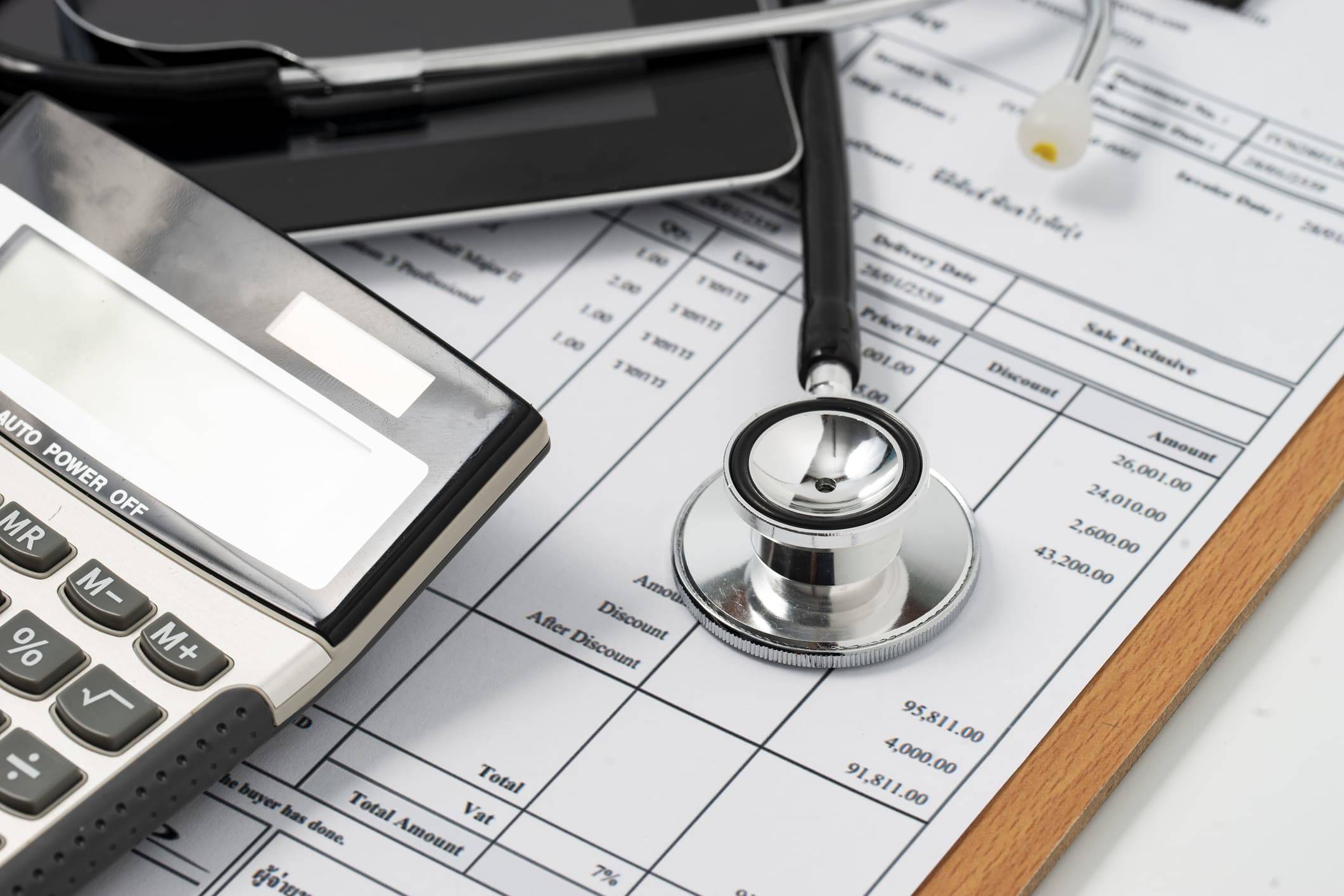
Unpaid medical bills are among the most common types of debt for which people seek bankruptcy protection. Major medical debt accounts for 40 percent of bankruptcies. Such debt often results from a serious illness or health condition that requires hospitalization, surgery and/or other care. The costs can easily amount to tens of thousands of dollars, and much more for a catastrophic illness or condition. Without adequate health insurance, these costs can be devastating. Fortunately, medical debt can be discharged as part of an overall bankruptcy, either in Chapter 7 or in Chapter 13.
Which chapter you file under typically is determined by applying the bankruptcy means test. If you qualify for Chapter 7, then your unpaid medical bills, plus other debts included in your bankruptcy, will be discharged without you paying anything to the creditors. If your income is too high to pass the means test, or if you otherwise do not qualify, then you may file a Chapter 13 bankruptcy. This will involve proposing a debt repayment plan for court review. If the plan is approved, you will make partial payments for three to five years on your medical debt and other unsecured debt, with the remainder being discharged upon completion of your plan. The amount repaid under a Chapter 13 plan is often substantially less than the actual amount owed.
Once you file for bankruptcy, an automatic stay goes into effect that stops any collection actions from being taken against you, including wage garnishments. It will also stop harassing phone calls from bill collectors, as the debts may be collected only through the bankruptcy process. Once the debts are discharged, they will continue to appear on your credit report. But instead of showing as open or unpaid accounts, they will appear with a zero balance and as having been discharged in bankruptcy.
Some people hesitate to file for bankruptcy out of concern for their credit rating. While filing for bankruptcy will result in an immediate decrease of your credit score, having unpaid medical bills impacts your score as well. Even if you substantially repay the medical debt, it will typically remain on your credit report afterwards. By initiating the Chapter 7 or Chapter 13 bankruptcy petition, you can immediately free up money that you may be paying toward medical debt each month. You will also be able to keep various assets by using exemptions and, if you file Chapter 13, thorough the repayment plan. Discussing your situation with an attorney as soon as possible is the first step toward obtaining debt relief.
Jeff Field & Associates assists debtors in bankruptcy matters throughout Georgia. Our office has locations in Athens, Douglasville, Gainesville, Lawrenceville, Marietta and Scottdale. Call us at 404-381-1278 or contact us online to schedule a free initial consultation.
Please fill out the form below and one of our attorneys will contact you.





